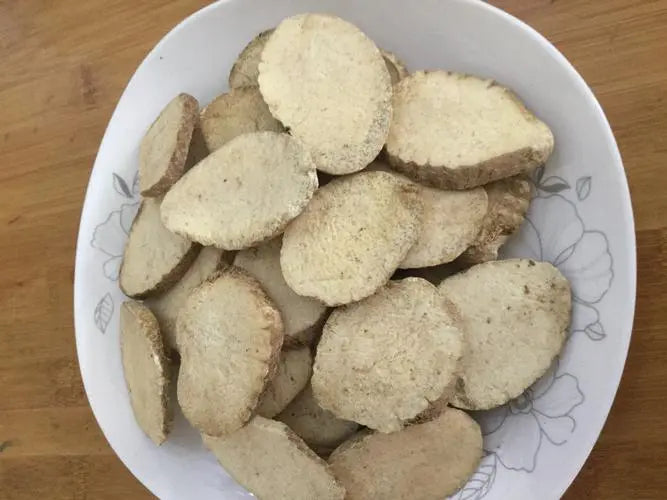diuresis and dampness medicine
Drugs whose main functions are to unblock water channels and seep out water and dampness, and are often used to treat the syndrome of internal water-dampness, are called medicines for diluting water and expelling dampness.
This type of medicine tastes mostly sweet and bland or bitter, and is mainly directed to the bladder, small intestine, kidney, and spleen meridians. Its effects tend to be downward. The bland ones can penetrate and benefit, while the bitter ones can reduce diarrhea. This type of medicine has the effects of diuresis and swelling, diuresis and stranguria, diuresis and jaundice reduction.
The diuretic and dampness-removing medicines are mainly used to treat various diseases caused by water-dampness such as edema, difficulty in urination, diarrhea, phlegm, stranguria, jaundice, eczema, vaginal discharge, dampness and warmth. When using diuretic and dampness-removing drugs, the corresponding drugs must be selected according to different disease syndromes, and the appropriate combinations must be made.
Drugs for promoting diuresis and expelling dampness are easy to consume and damage body fluid. They should be used with caution or should not be used for patients with yin deficiency, less fluid, kidney deficiency, nocturnal emission and enuresis. Some drugs have strong tonic effects and should be used with caution by pregnant women.
According to the differences in properties, efficacy and indications of diuretic and dampness-reducing medicines, they are divided into three categories: diuretic and swelling medicines, diuretic and strangury medicines, and dampness-reducing jaundice medicines.
Diuretic and swelling medicine
This kind of medicine is sweet and bland or slightly cold in nature and taste, and can excrete water and dampness after taking the medicine. It is used for edema, dysuria, diarrhea, and phlegm retention caused by water-damp internal stagnation. In clinical practice, appropriate combinations should be selected according to the etiology and pathogenesis of different syndromes.
Alisma
It was first recorded in "Shen Nong's Materia Medica".
This product is the dry tuber of Alisma chinensis. Slight gas, slightly bitter taste. It is better to cut the complexion yellow-white and powdery enough. Used raw or broiled in salt water.
[properties of medicine] sweet, light, cold. Returns to the kidney and bladder meridians.
[Efficacy] Diuretic and dampness expelling, expel heat, transform turbidity and lower fat.
【application】
1. Fullness of edema, difficulty urinating, diarrhea and oliguria, phlegm and dizziness
This product has light seepage, and its function of diuretic and diuresis is strong, and it can treat dysuria and edema caused by stagnation of water and dampness. Purging water and dampness, promoting phlegm retention, controlling phlegm retention and stopping the gathering, dizziness of the head that clear yang does not ascend.
2. Hot stranguria, astringent pain, nocturnal emission
This product is cold in nature, it can clear away the heat of the bladder, and can relieve the deficiency fire of the kidney meridian, so it is especially suitable for people with damp heat in the lower Jiao. It is used to treat hot stranguria and astringent pain caused by damp-heat accumulation; nocturnal emission and hot flashes caused by deficiency of kidney yin and hyperactivity of relative fire.
3. Hyperlipidemia
This product promotes diuresis and dampness, can reduce turbidity and blood fat, and is often used to treat hyperlipidemia.
[Usage and Dosage] Decoction, 6~10g.

